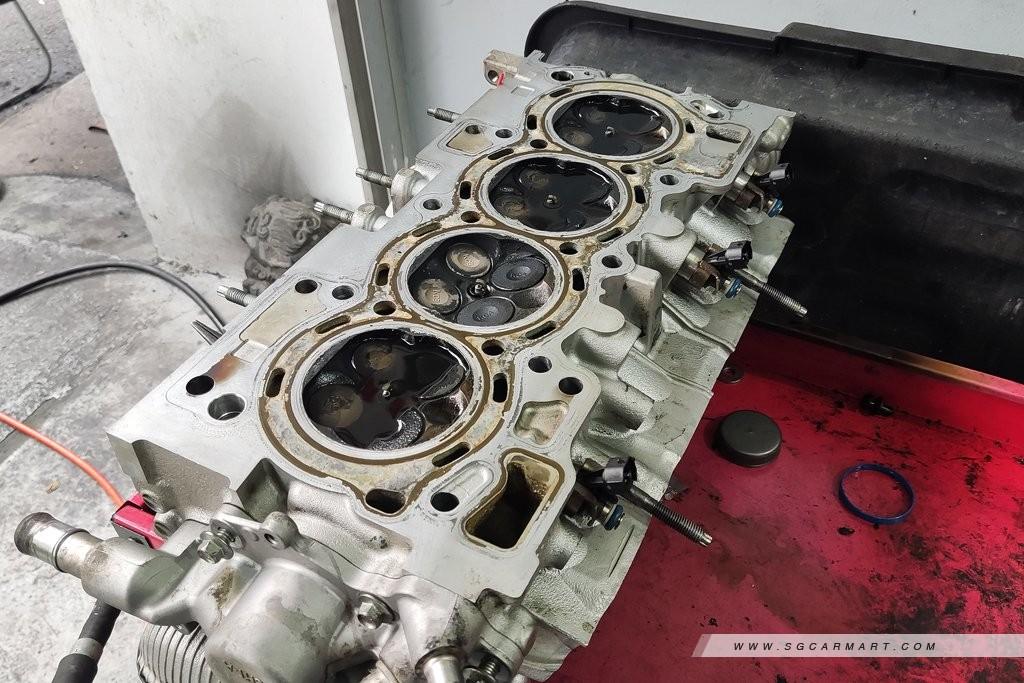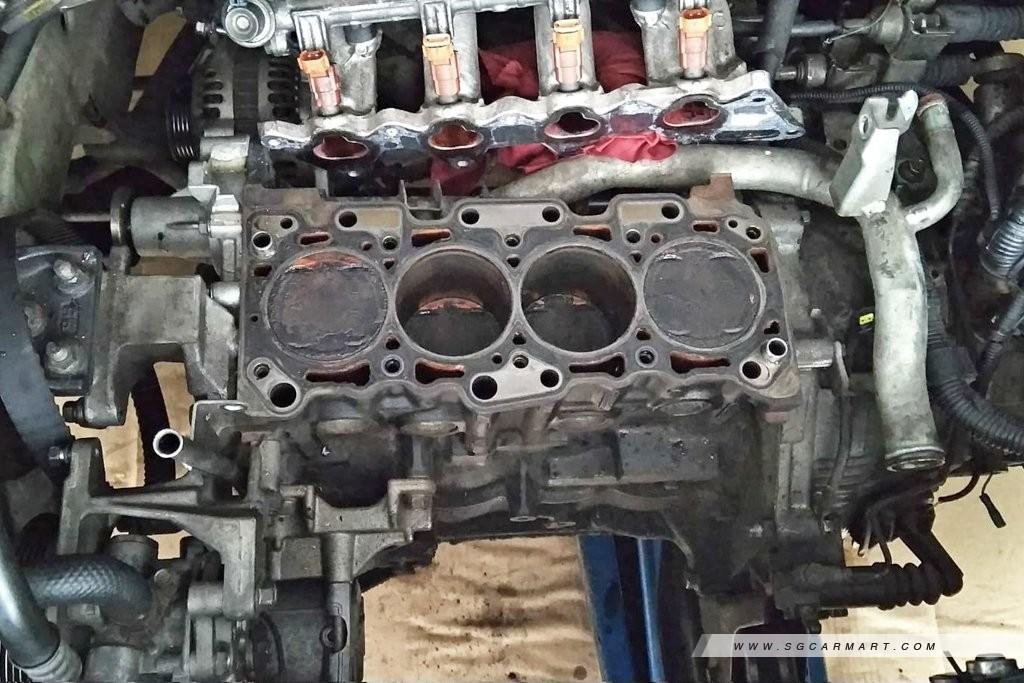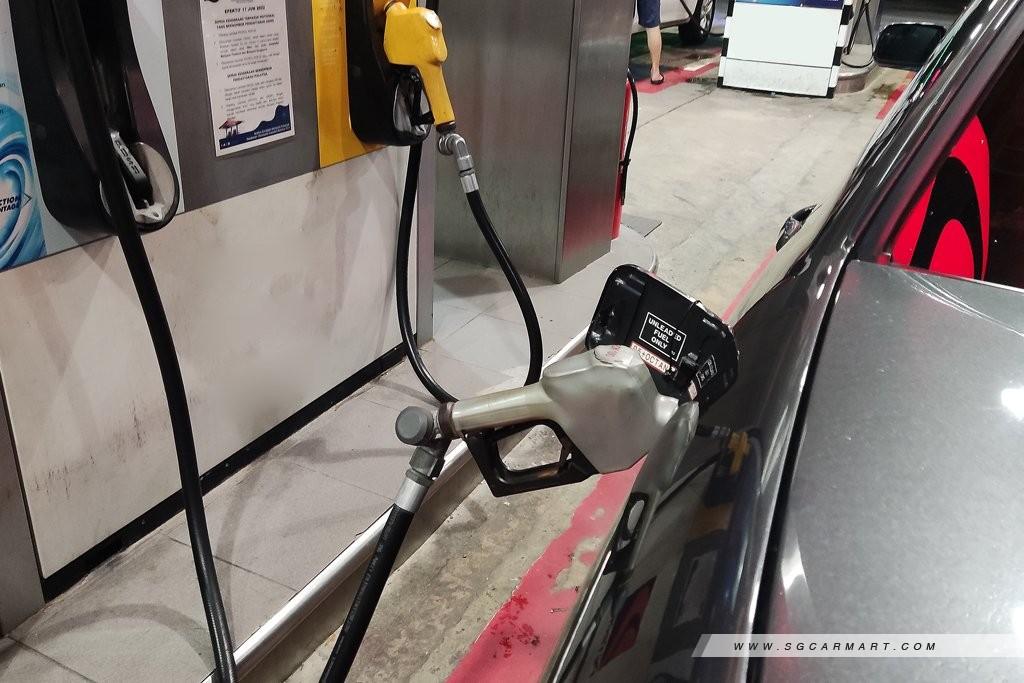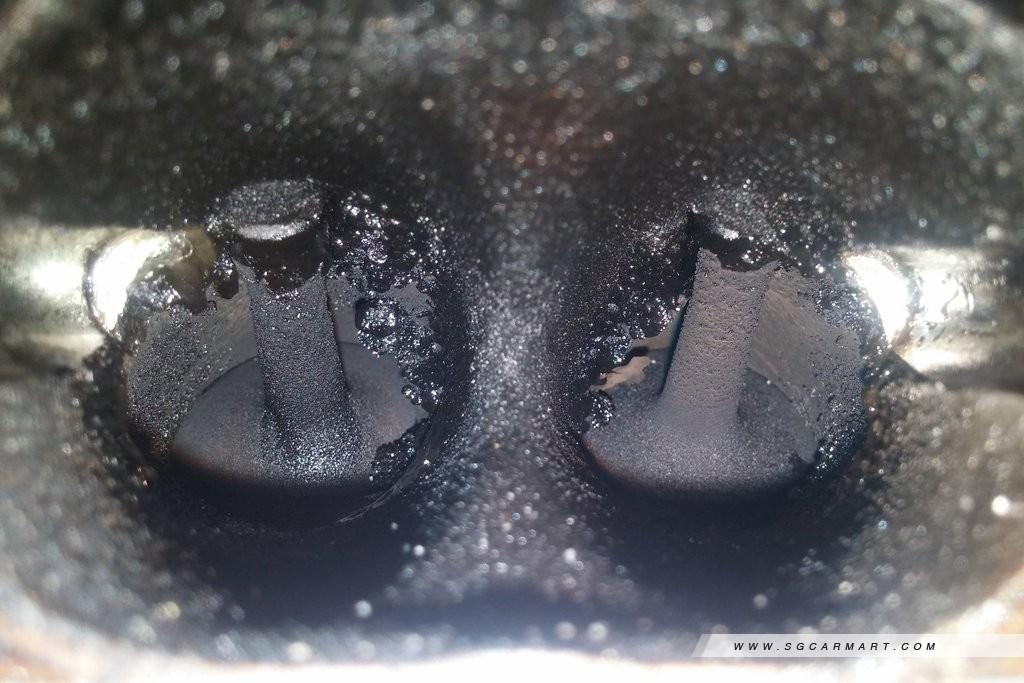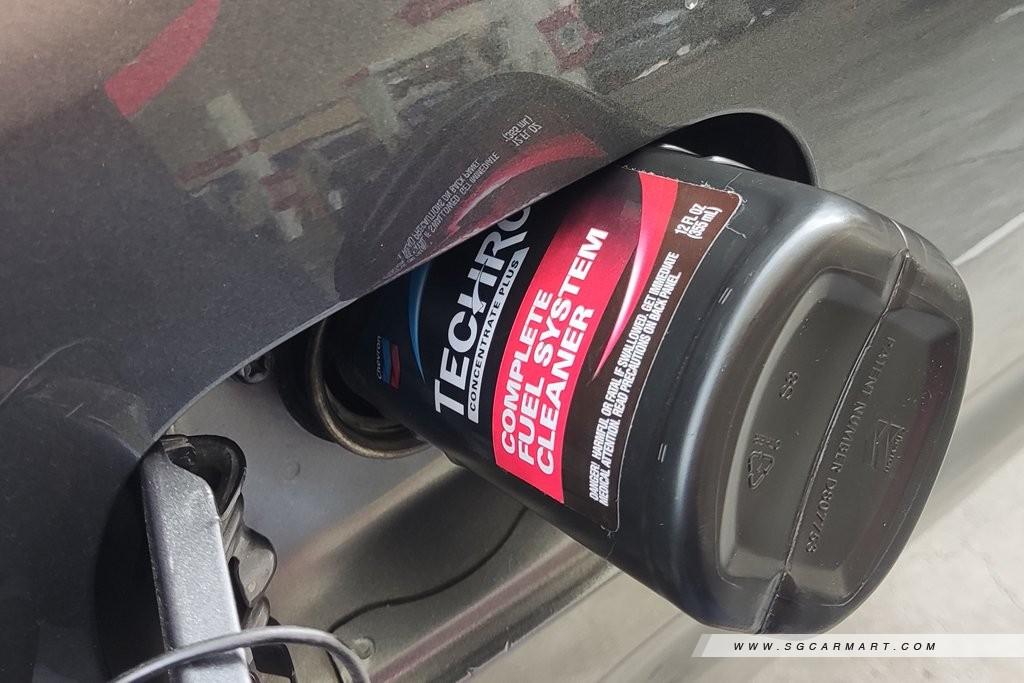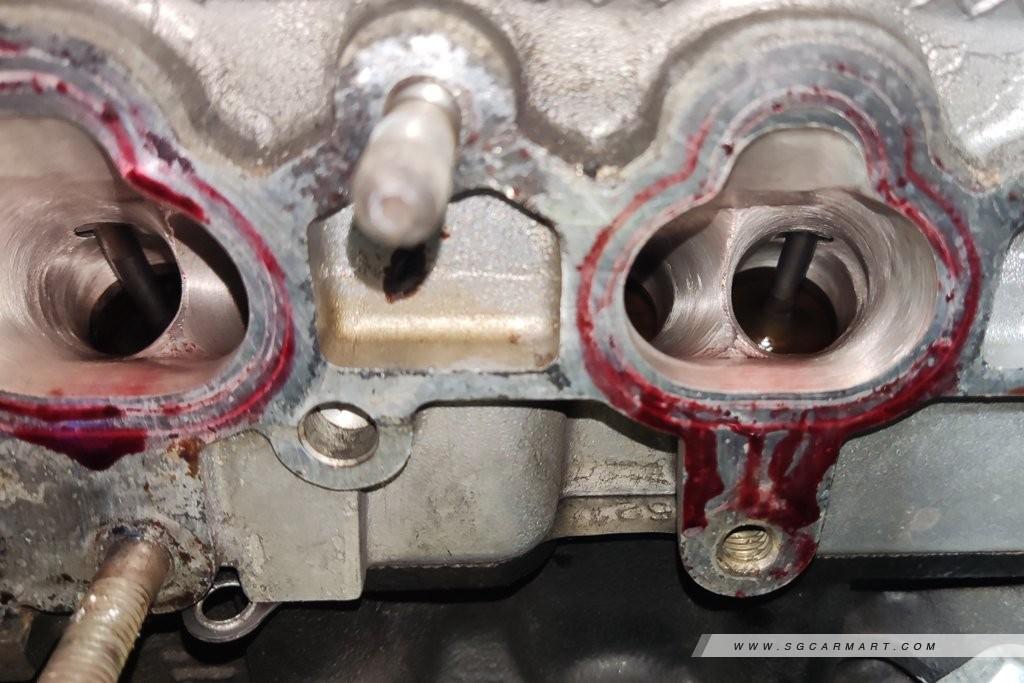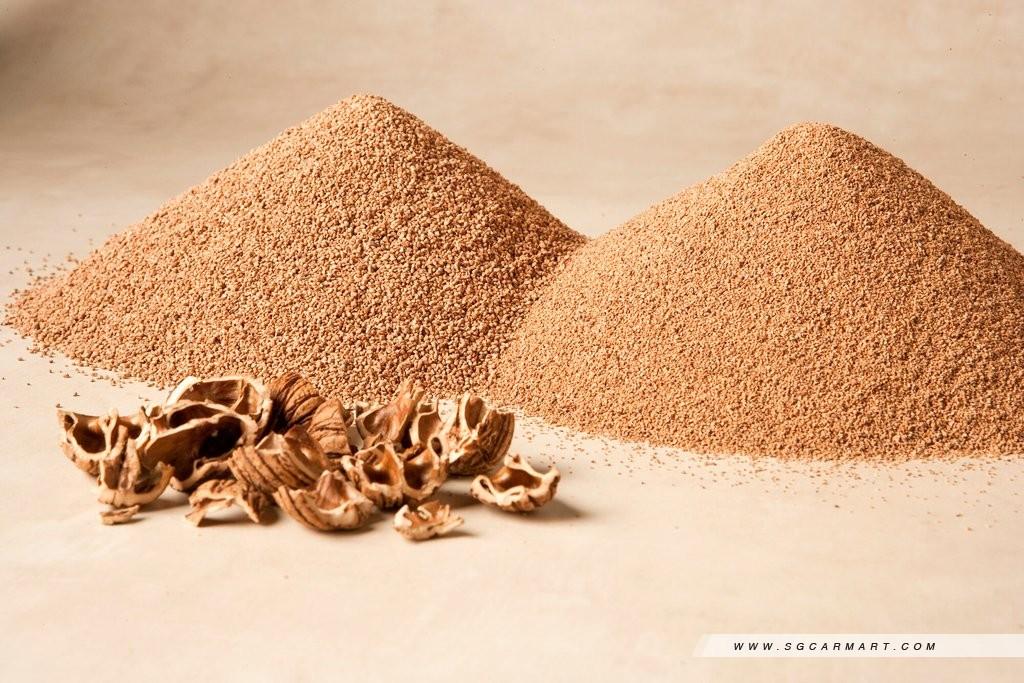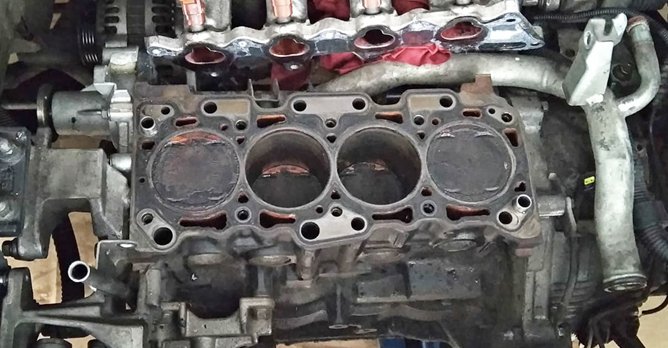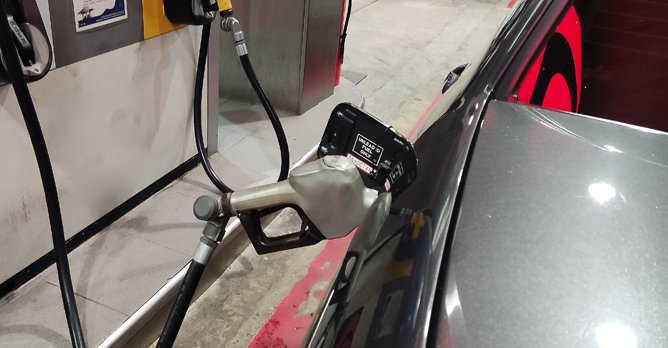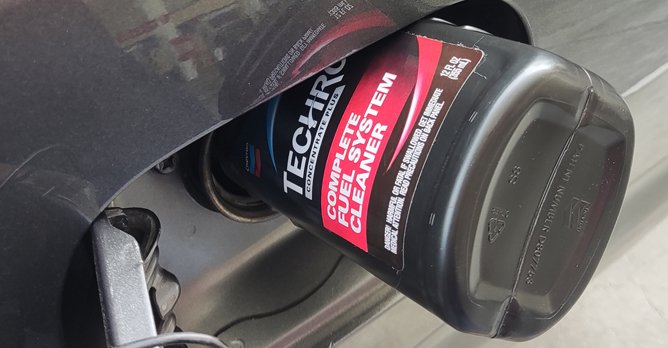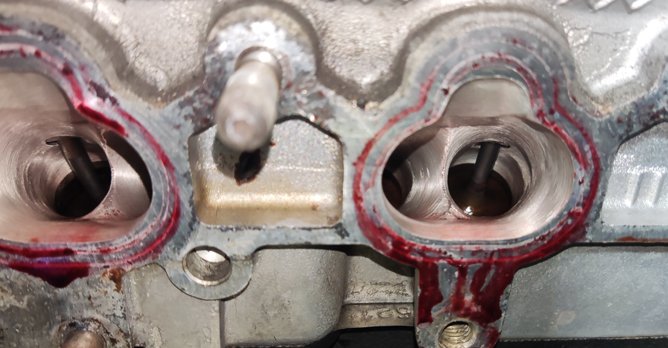Mythbusted: Is a quality tank of fuel all you really need to get rid of engine carbon build-up?
05 Apr 2023|44,527 views
You've seen the advertisements by petroleum companies - carbon build-up causes your car's engine to consume more petrol, make less power, run rougher, and could even result in damage if left unresolved. But apparently, you can reduce and prevent this worrying occurrence simply by opting for their high-quality petrol with proprietary additives.
The thing is, how much of that is true and just how much is simply myth? We attempt to answer any questions that you have regarding the topic with a deep dive into just what carbon build-up is, how it happens, why it will affect your car's performance, and most importantly, how to resolve the issue.
What exactly is carbon build-up?
Carbon build-up refers to the soot-like deposits that are left over during the combustion process in an engine, much like what happens when you burn charcoal lumps or briquettes in the barbecue grill.
While you can't easily look inside an engine, you would have probably noticed how the exhaust tips of older, well-used cars tend to appear black and sooty. Well, that is carbon build-up.
However, the more concerning form of carbon build-up is the hardened ones that you'll find within the combustion chamber of the engine, coating the top of the piston, the intake valves, and the injectors of the engine.
How does carbon build-up happen?
Carbon deposits occur normally during the combustion process, and it can also be caused by the small amount of engine oil that gets baked onto components such as the valves during normal operation.
The severity of carbon build-up is affected by the quality of fuel, additives and engine oil used, driving habits and the type of engine. Fuel of poorer quality with subpar additives might not burn cleanly due to contaminants, which results in excessive carbon deposits when combusted.
City driving with plenty of start-stop traffic will also subject the engine to higher loads, and promote carbon build-up.

Meanwhile, the modern and efficient engines that utilises direct injection are actually especially prone to carbon build-up on the intake valves.
In traditional port-injected engines, fuel is sprayed onto the back of the intake valves cleaning the engine as it runs - fuel additives are particularly effective in cleaning off carbon build-up in these engines. However, direct injection engines have the fuel sprayed directly into the combustion chamber and never meets the intake valves. As such, it is a common problem for these engines to suffer from severe carbon build-up on the intake valves.
What does carbon build-up do to your car's engine?
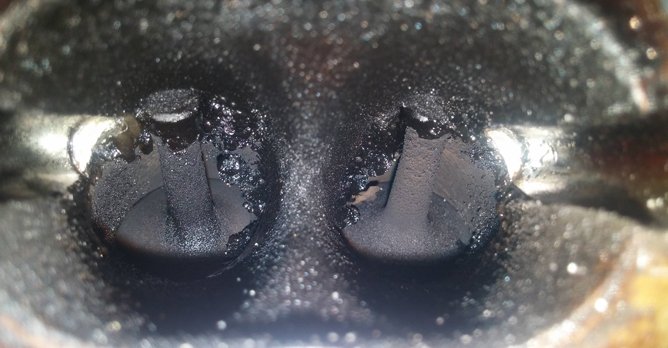
Some symptoms of carbon build-up that you might notice include rough idle, misfiring, poor acceleration, poor fuel economy, and engine knock or ping (uncontrolled fuel combustion that occur too early).
When carbon builds up on the engine valves, it will affect the flow of fuel and air into the combustion chamber. It causes an inconsistent air-fuel ratio and affects the performance and long-term reliability of the engine.
In severe cases, the carbon deposits can even prevent the intake valves from closing completely, drastically affecting engine performance. Carbon can also build up on the top of the pistons, artificially increasing the compression ratio, which can cause engine knock that will potentially damage the engine in the long run.
So, how can I resolve this carbon build-up issue? Will using high-grade petrol simply do it?
By now, it is clear that carbon build-up can cause a number of issues. So, is quality fuel and additives the silver bullet as touted by petroleum companies? It might not be so simple…
While quality fuel and additives can reduce the rate of carbon build-up, such effects are most prominent on port-injected engines. To reduce carbon build-up on port injected engines, fuel system cleaner additives will clean the valves and the fuel system well enough.
On direct injected ones, it might help with keeping the piston tops and fuel injectors clean. But, it does nothing to keep the intake valves clean as the fuel never touches them, and it is said that the carbon build-up on the valves of direct injection engines is mainly caused by the small amount of engine oil that goes past the seals and flows down on to the valves.
However, regardless of engine types, cleaning the carbon caked on the piston tops is a much tougher job that will require the disassembly of the engine to remove.
Hence, in instances where additives don't work, mechanically removing these deposits is still the best option.
Procedures such as walnut blasting and injector cleaning are highly recommended for cars with direct injection.
Walnut blasting is a form of media blasting, which uses crushed walnut shells propelled by compressed air to remove the carbon build-up without damaging the engine components.
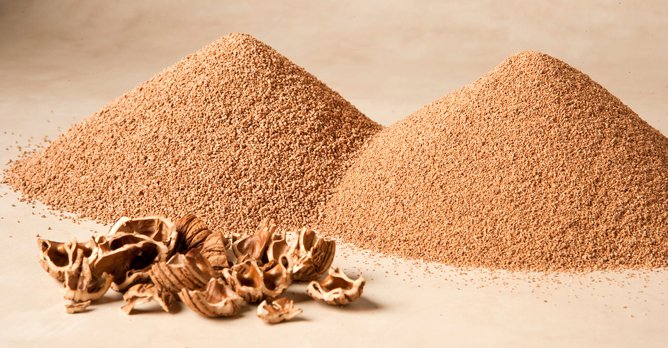
Even with quality charcoal lumps that produce less ashes, the ashes and soot will eventually build up with repeated usage of the barbecue grill over time.
It is only natural that you'll be sure to clean the grill prior to the next use. Well, that same logic should apply to your car if you want it to run at its best.
Here are some other articles that you might be interested in:
Mythbusted: Does a faster car always consume more fuel?
Mythbusted: Is high mileage always a con when it comes to buying used cars?
Mythbusted: Is a smaller engine always more fuel efficient?
What they don't tell you: Your pop and bang map isn't anti-lag and it isn't doing anything for your car's performance
Looking keep your car's engine in tip-top condition? Check out these highly recommended workshops!
You've seen the advertisements by petroleum companies - carbon build-up causes your car's engine to consume more petrol, make less power, run rougher, and could even result in damage if left unresolved. But apparently, you can reduce and prevent this worrying occurrence simply by opting for their high-quality petrol with proprietary additives.
The thing is, how much of that is true and just how much is simply myth? We attempt to answer any questions that you have regarding the topic with a deep dive into just what carbon build-up is, how it happens, why it will affect your car's performance, and most importantly, how to resolve the issue.
What exactly is carbon build-up?
Carbon build-up refers to the soot-like deposits that are left over during the combustion process in an engine, much like what happens when you burn charcoal lumps or briquettes in the barbecue grill.
While you can't easily look inside an engine, you would have probably noticed how the exhaust tips of older, well-used cars tend to appear black and sooty. Well, that is carbon build-up.
However, the more concerning form of carbon build-up is the hardened ones that you'll find within the combustion chamber of the engine, coating the top of the piston, the intake valves, and the injectors of the engine.
How does carbon build-up happen?
Carbon deposits occur normally during the combustion process, and it can also be caused by the small amount of engine oil that gets baked onto components such as the valves during normal operation.
The severity of carbon build-up is affected by the quality of fuel, additives and engine oil used, driving habits and the type of engine. Fuel of poorer quality with subpar additives might not burn cleanly due to contaminants, which results in excessive carbon deposits when combusted.
City driving with plenty of start-stop traffic will also subject the engine to higher loads, and promote carbon build-up.

Meanwhile, the modern and efficient engines that utilises direct injection are actually especially prone to carbon build-up on the intake valves.
In traditional port-injected engines, fuel is sprayed onto the back of the intake valves cleaning the engine as it runs - fuel additives are particularly effective in cleaning off carbon build-up in these engines. However, direct injection engines have the fuel sprayed directly into the combustion chamber and never meets the intake valves. As such, it is a common problem for these engines to suffer from severe carbon build-up on the intake valves.
What does carbon build-up do to your car's engine?

Some symptoms of carbon build-up that you might notice include rough idle, misfiring, poor acceleration, poor fuel economy, and engine knock or ping (uncontrolled fuel combustion that occur too early).
When carbon builds up on the engine valves, it will affect the flow of fuel and air into the combustion chamber. It causes an inconsistent air-fuel ratio and affects the performance and long-term reliability of the engine.
In severe cases, the carbon deposits can even prevent the intake valves from closing completely, drastically affecting engine performance. Carbon can also build up on the top of the pistons, artificially increasing the compression ratio, which can cause engine knock that will potentially damage the engine in the long run.
So, how can I resolve this carbon build-up issue? Will using high-grade petrol simply do it?
By now, it is clear that carbon build-up can cause a number of issues. So, is quality fuel and additives the silver bullet as touted by petroleum companies? It might not be so simple…
While quality fuel and additives can reduce the rate of carbon build-up, such effects are most prominent on port-injected engines. To reduce carbon build-up on port injected engines, fuel system cleaner additives will clean the valves and the fuel system well enough.
On direct injected ones, it might help with keeping the piston tops and fuel injectors clean. But, it does nothing to keep the intake valves clean as the fuel never touches them, and it is said that the carbon build-up on the valves of direct injection engines is mainly caused by the small amount of engine oil that goes past the seals and flows down on to the valves.
However, regardless of engine types, cleaning the carbon caked on the piston tops is a much tougher job that will require the disassembly of the engine to remove.
Hence, in instances where additives don't work, mechanically removing these deposits is still the best option.
Procedures such as walnut blasting and injector cleaning are highly recommended for cars with direct injection.
Walnut blasting is a form of media blasting, which uses crushed walnut shells propelled by compressed air to remove the carbon build-up without damaging the engine components.

Media blasting with crushed walnut shells are effective for mechanically removing carbon build-up in direct-injected engines
Even with quality charcoal lumps that produce less ashes, the ashes and soot will eventually build up with repeated usage of the barbecue grill over time.
It is only natural that you'll be sure to clean the grill prior to the next use. Well, that same logic should apply to your car if you want it to run at its best.
Here are some other articles that you might be interested in:
Mythbusted: Does a faster car always consume more fuel?
Mythbusted: Is high mileage always a con when it comes to buying used cars?
Mythbusted: Is a smaller engine always more fuel efficient?
What they don't tell you: Your pop and bang map isn't anti-lag and it isn't doing anything for your car's performance
Looking keep your car's engine in tip-top condition? Check out these highly recommended workshops!
